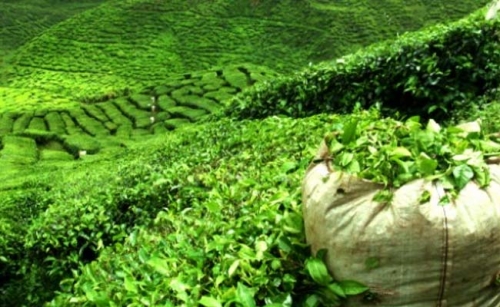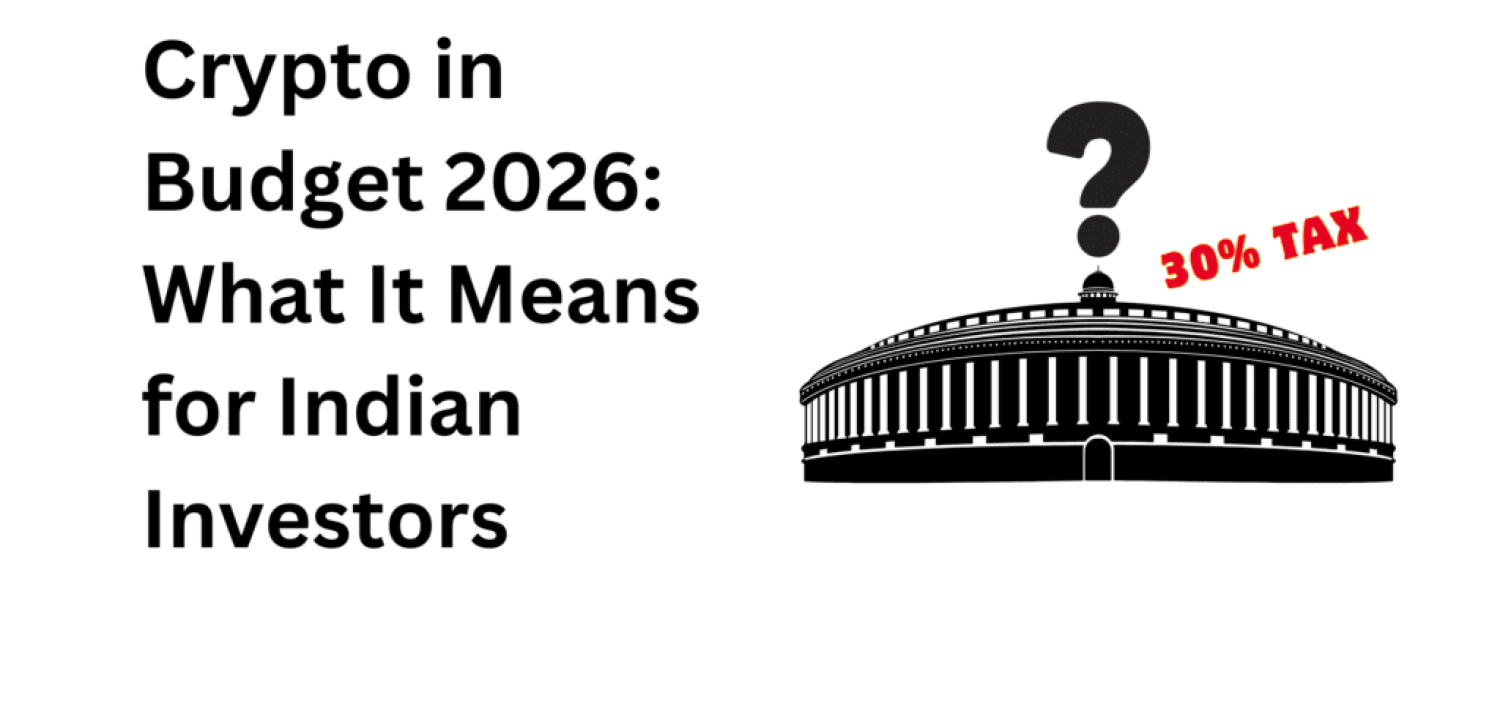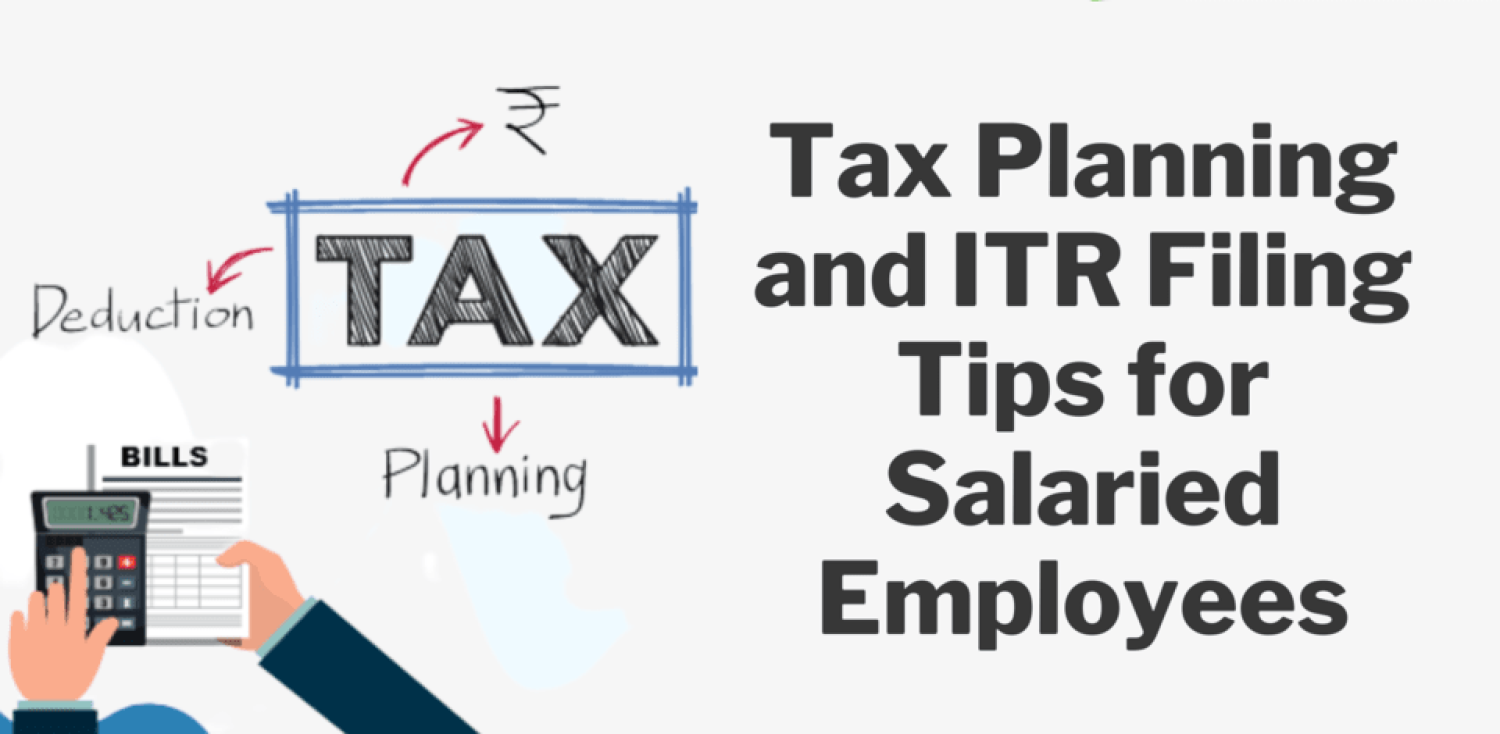
The two tea associations i.e. the Indian Tea Association (ITA) and the United Planters’ Association of Southern India (UPASI) are worried about the GST rates. They believe that if the GST rates, which will be announced soon, are higher than the present VAT rates which are between 5-6 per cent, the cost of brewing would rise by 6-8 per cent. A major part of the economy in North Bengal is run by the tea industry which also brings with it, its natural beauty. The slopes and the foothills of the Himalayas are filled with the scenery of green tea fields which attract many tourists from around the world. North Bengal tea is consumed by many people throughout the globe.
Call for a special rate:
Chairman of the ITA’s Finance, Insurance & Taxation committee Nirmal Khurana said that tea, a product that is consumed by the mass at large, should get a special rate under the GST Act. He said that the new rates should be almost balanced with the present ongoing rates in the market which are around 5-6 percent.
If the GST tax rates are higher then it will cause inflation. As a result, the prices will rise when the tea reaches the customers is what Nirmal Khurana said.
In Assam and West Bengal, the tea which is auctioned to the public is subjected to a lower VAT rate. To pay for the auction costs and to ensure the right pricing, only 0.5-1 percent VAT is charged. The GST act which is to be implemented says that the different states will not have the flexibility to make different rates for the auction for teas. If no special provision is brought up in the GST bill to take a look at the auction system, the number of auctions that are currently held will reduce in numbers.
The overall tax cost will increase due to the higher GST rate. This will impact the industry and inflate the prices and cause an increase in working capital costs.
Levy on inter-state transfers:
Generally, there is a Central Sales Tax that is levied when inter-state transfers are made. But this tea sector has the benefit to not pay this tax i.e. to be exempted from it. But after the implementation of the GST Act, there is likely to be a 1 per cent tax that will be levied on inter-state transfers.
After the tea is harvested, it is brought to different processing factories in different states and then it is dispatched to various warehouses. Assam, West Bengal, Tamil Nadu and Kerala are the places where almost above 90 per cent of the tea production takes place. Before the tea is consumed it is dispatched to seven auction centres to be auctioned.
Like tea, coffee, natural rubber, and spices are necessary commodities that are always needed from time to time in our daily lives, UPASI has requested for the rate to be within the prevailing 5 per cent VAT rate.
The Secretary-General of UPASI Ullas Menon talked about how the cost of plantation commodities will increase for the consumer with the rise in the tax rates. And as per normal economics, the decrease in consumer demand will affect the plantation commodities as they depend upon demand-supply forces.
The imports will become competitive and therefore will be affected causing a misbalance for the domestic industry when the GST bill is passed. Due to the change in the taxation system, if the GST on the imports is lent as a credit to the trader then there will be competition between imported goods also affecting the Make in India initiative.
Many tea estate owners and industrialists are anxious about how the Goods and Service Tax will impact the tea industry as a whole. Their main reason for being exempted from a higher tax rate is that tea is a necessary commodity used by every section of society.
At this time, the tea industry is affected in West Bengal by a huge crisis. Therefore, if there is an increase in the tax rate, it would be a greater burden on them. From climate change to the aging of tea bushes, the tea production process has many issues.

















